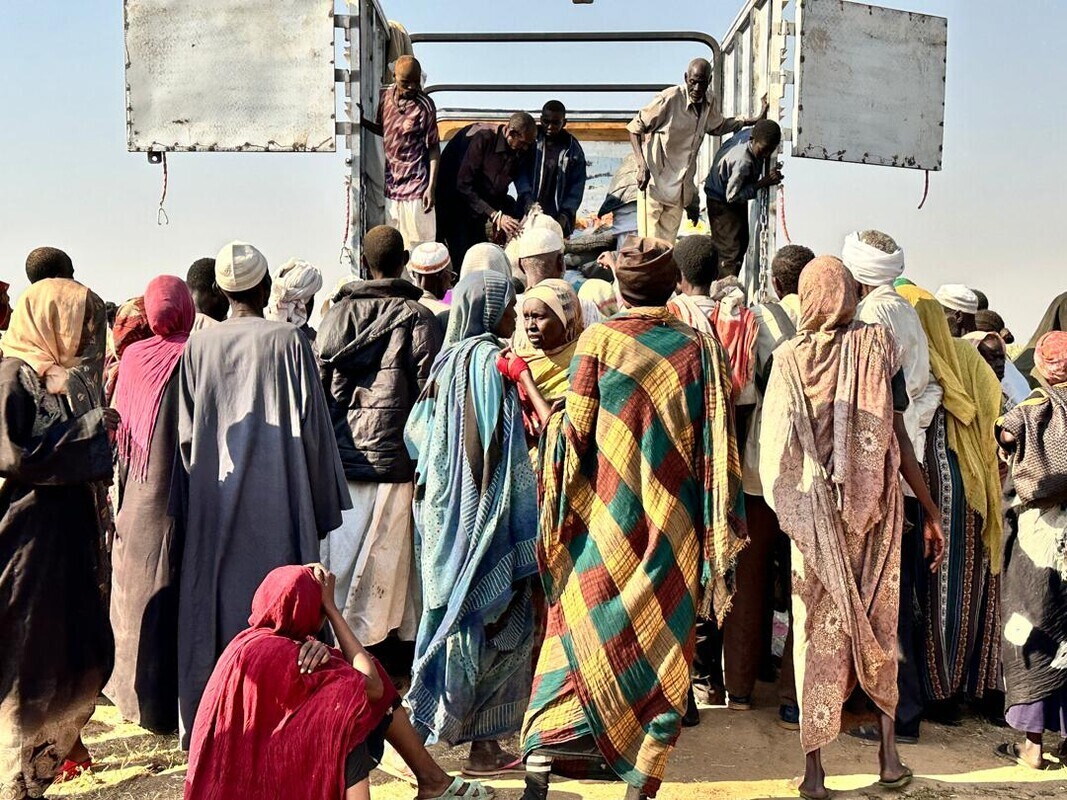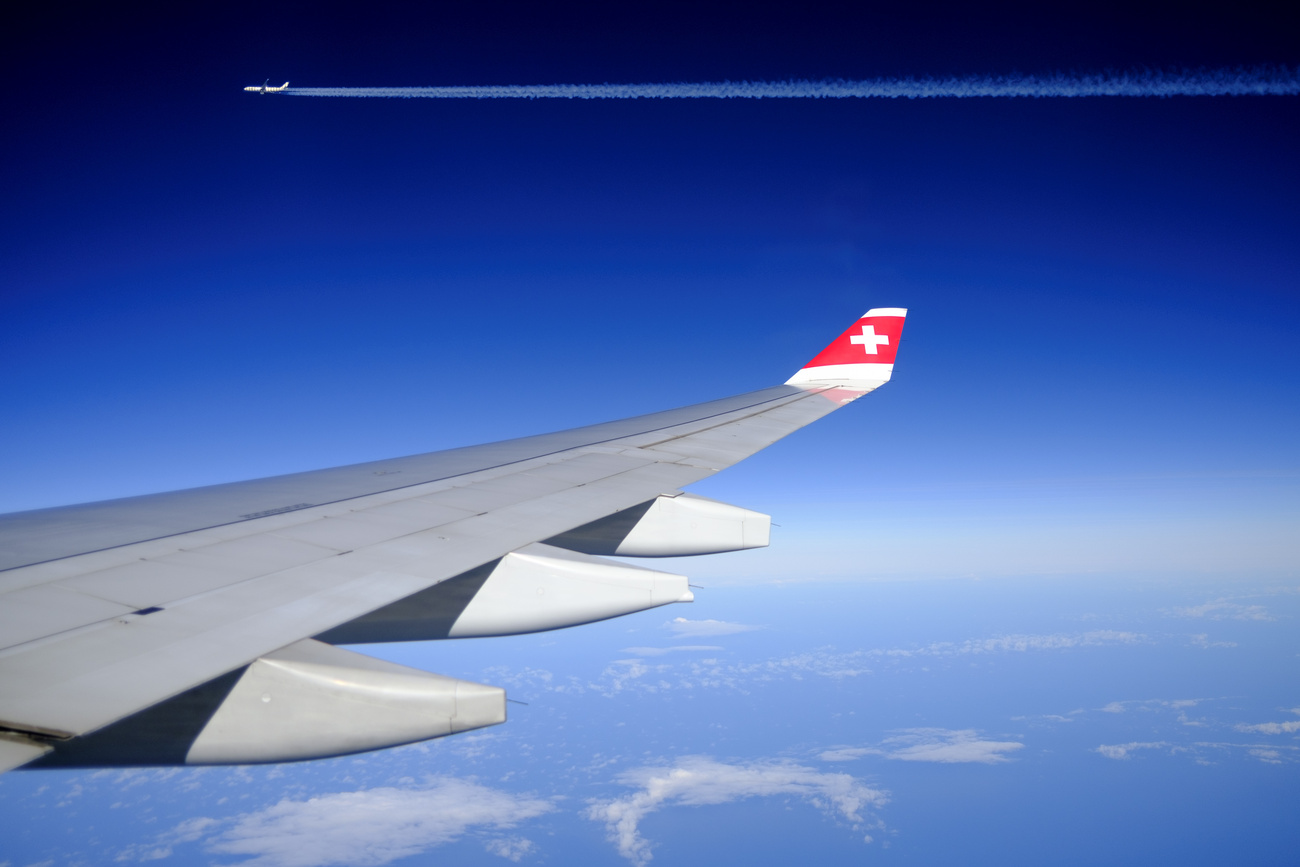
Healthcare and pensions top Swiss worry list

Healthcare costs, the pension system and climate change are the top three burning issues for the Swiss, according to a survey published by the Tamedia group. Covid has slipped out of sight and mind.
The cost of healthcare was most pressing for over two-thirds (67%) of the 26,000 respondents, while pensions and the climate were cited by 60% and 56% respectively, wrote Tamedia newspapers on Sunday.
This is not surprising: health concerns, and notably the price of insurance premiums, are a perennial bugbear, and this year costs are expected to rise even more than usual; the pension system and its financing (the object of an upcoming national vote) is also a recurring source of angst.
However, Covid-19 concerns have receded markedly. While the same survey done last December placed the virus in third position (over 50%), this time around with 11% it didn’t even make the top 10.

More
Government seeks to limit access to specialists to reduce healthcare costs
New worry
Given the current crisis of the moment, the survey also asked people about their views on a possible energy crunch: and indeed some two-thirds believe that shortages will be felt this winter, while over 40% said they are buying emergency supplies.
On the question of what’s to be done about it, the most popular solution was the shift to renewable energy sources, with the next most popular the continued usage of current nuclear plants, and making an energy deal with the EU.
However, only 39% even said they would be in favour of building more nuclear plants – as a new initiative wants – and thus overturning the 2017 decision by voters to phase out atomic energy in Switzerland.
As for the government’s preparations for possible shortages, a majority (65%) has faith that ministers will be capable of taking appropriate action to ensure supplies.

In compliance with the JTI standards
More: SWI swissinfo.ch certified by the Journalism Trust Initiative






























You can find an overview of ongoing debates with our journalists here . Please join us!
If you want to start a conversation about a topic raised in this article or want to report factual errors, email us at english@swissinfo.ch.